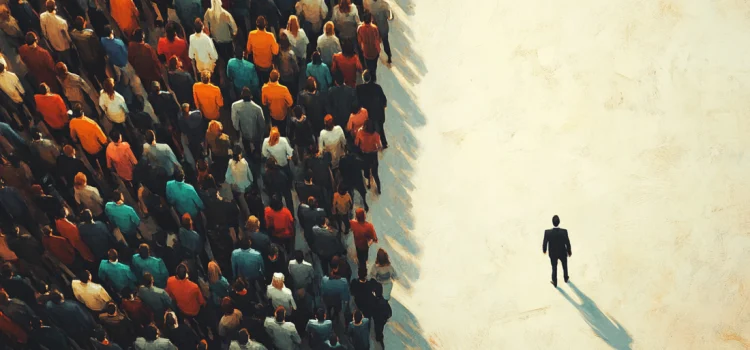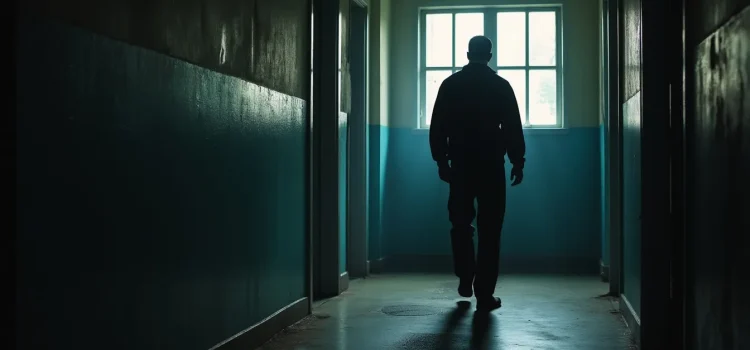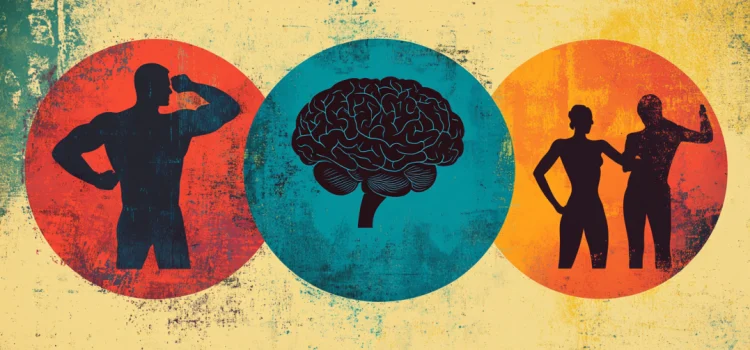Why do people deserve to be seen as individuals? How can you stop relying on stereotypes to judge someone? David Brooks claims that to really know another person, you first have to see them as an individual. Unlike a collective group of people, individuals have a unique set of life experiences, characteristics, motivations, and goals. Here’s why you should start looking at people as individuals vs. people you can’t tell apart.
The Importance of Seeing People as Individuals vs. People










